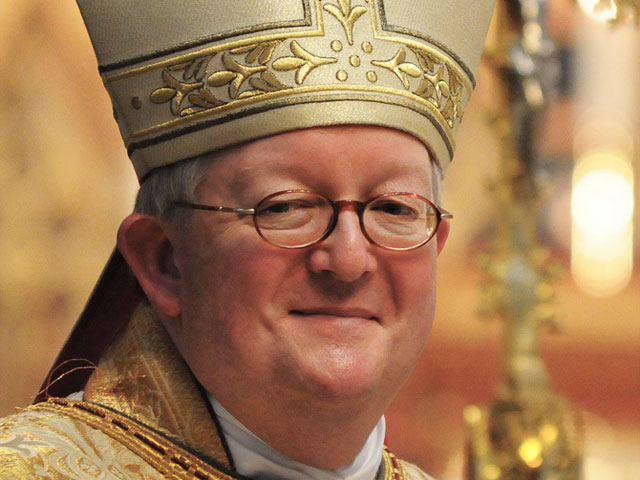Rape and religion returned to the front pages of India’s newspapers this week after a judge in Delhi stated premarital sex was sinful.
The Hindu reported:
Pre-marital sex is “immoral” and against the “tenets of every religion”, a Delhi court has said while holding that every act of sexual intercourse between two adults on the promise of marriage does not become rape. Additional Sessions Judge Virender Bhat also held that a woman, especially grown up, educated and office-going, who has sexual intercourse on the assurance of marriage does so “at her own peril”.
According to The Times of India, Judge Bhat, who presides over a court set up last year in response to the nationally publicized gang rape and murder wrote:
When a grown up woman subjects herself to sexual intercourse with a friend or colleague on the latter’s promise that he would marry her, she does so at her own peril. She must be taken to understand the consequences of her act and must know that there is no guarantee that the boy would fulfil his promise. He may or may not do so. She must understand that she is engaging in an act which not only is immoral but also against the tenets of every religion. No religion in the world allows pre-marital sex.
The BBC picked up this story as well. It added this explanation for Western audiences in its story “Indian judge says pre-marital sex ‘against religion'”:
Pre-marital sex remains a cultural taboo in India. Last year, a court in Delhi said live-in relationships were immoral and an “infamous product of Western culture”.
But the BBC goes no further in offering context or an explanation (it appears to be a re-write of an AFP story, which may be a mitigating factor). Even though the lede and headline of the BBC story makes explicit reference to religion, this angle is not developed. This criticism does not fall only on the BBC, the Indian press has also shied away from developing the religious angle to this story and has been content to publish only the judge’s obiter ditca.
The press has not remained silent in discussing Judge Bhat’s remarks — but the conversation has been channeled into discussions of gender and women’s rights.
Why the reticence? In a series of GetReligion posts, TMatt has addressed whether the Indian press avoids reporting on the religion and caste angles to a story. In a 2010 post entitled “Life and death (and faith) in India,” he wrote:
… I was struck by one consistent response from the audience, which I would estimate was about 50 percent Hindu, 25 percent Muslim and 25 percent Christian. When asked what was the greatest obstacle to accurate, mainstream coverage of events and trends in religion, the response of one young Muslim male was blunt. When our media cover religion news, he said, more people end up dead. Other students repeated this theme during our meetings.
In other words, when journalists cover religion stories, this only makes the conflicts worse. It is better to either ignore them or to downplay them, masking the nature of the conflicts behind phrases such as “community conflicts” or saying that the events are cased by disputes about “culture” or “Indian values.”
The Indian press as well as the BBC and the wire service reports on Judge Bhat’s decision are continuing this trend of avoiding religion in reporting. An in depth article from the Wall Street Journal last November entitled “Indian Rape Law Offers Desperate Last Resort” sticks to culture only.
While the Indian press may be restrained to report on religion, should the BBC frame the story in a faith-free atmosphere? Were India a fiercely secular society, such an omission might be justified. But it is not — nor are the rates of pre-marital sex comparable to the West. A study by the International Institute for Population Studies estimated that 3 per cent of women had engaged in pre-marital sex.
Why? Perhaps it is because sexuality for a woman in the Vedic tradition of Hindu culture is controlled by her age and marital status. It frames virginity, chastity and celibacy as being appropriate for distinct periods of life. Virginity is expected of a woman before marriage and chastity is expected within marriage. Celibacy, as signaled by an ascetic withdrawal from the obligations of marriage and family life, takes place at the end of life with abstinence being a liberation of the self from worldly attachments. While Tantric cults exalted women in worship, their sexual mores did not extend to a modern notion of female sexual autonomy. While the ideal seldom governs the real, it must be stated that pre-marital sex simply does not work within the Hindu worldview.
Discussions of sexuality in India seem to go in two directions: blame the English and the golden past.
As the BBC noted an Indian court blames the penchant for some to engage in premarital sex as an “infamous product of Western culture.” Homosexuality and the country’s sodomy laws are also laid at the door of the British too.
Or we go to the opposite extreme and hear of a mythologized past where openness and a lack of hypocrisy ruled. This is the Kama Sutra narrative, but it is not history. It is more a product of the nationalist aspirations of the rising middle classes. A macedoine of anti-colonialism with a dash of “Orientalism”, seasoned with a repressed Westerners and liberated Orientals. However the Kama Sutra narrative of Indian sexuality is largely irrelevant to an understanding of its modern manifestations and as sociologist Sanjay Srivastava of the Institute of Economic Growth in Delhi writes:
is best confined to expensive coffee table books of our ‘glorious’ past that was supposedly destroyed by foreign invaders.
There is no middle ground in reporting on sex in India. Silence or secularism governs the discussion. While this may be the environment in which the Indian press must work, should we not expect more of the BBC and the western wire services?











